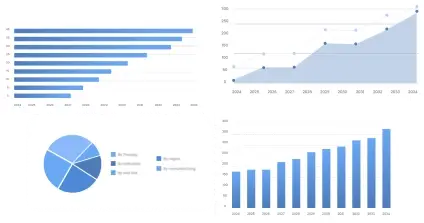Anti-infective Agents Market Definition
The anti-infective agents market refers to the production, distribution, and utilization of these agents, which are substances that combat infectious agents by either killing them or inhibiting their growth. This category includes antimicrobials like antiviral, antibiotics, antiprotozoan, antifungal, and antibacterial compounds. These types of agents help to treat or prevent infections. These are commonly used as a fluoroquinolone antibiotic to treat infections caused by susceptible bacteria of the upper respiratory track, urinary tract, skin, and skin structures. There is a high demand for these agents in e-commerce, specialty pharmacies, retail pharmacies, and hospital pharmacies, which is driving the growth of the anti-infective agents market.
The restraining factors of these agents include supply chain disruptions, regulatory hurdles, and high competition, which can slow down the growth of the market. The future growth opportunities of the market include global expansion, companies focusing on sustainability and innovation, staying ahead of competitors, improving products and services, creating efficient marketing strategies, etc., which will help the growth of the anti-infective agents market.
Anti-infective Agents Market Companies:
Pfizer Inc., Abbott Laboratories, Gilead Sciences Inc., Bristol-Myers Squibb Co., Merck & Co. Inc., Bayer Healthcare AG, AstraZeneca Plc., Boehringer Ingelheim, Novartis AG, Astellas Pharma Inc., GlaxoSmithKline Plc., Alcon Pharmaceuticals Ltd., Sanofi-Aventis S.A., Johnson & Johnson
Published by
Kesiya Chacko

